Kenya’s Juma Tutu goes on journey of discovery with new jazz album
Juma Tutu is giving a new meaning to jazz in Kenya. This sax player and composer experiments with traditional mijikenda music and eastern scales to conceive a new narrative for the ever-curious jazz fan.
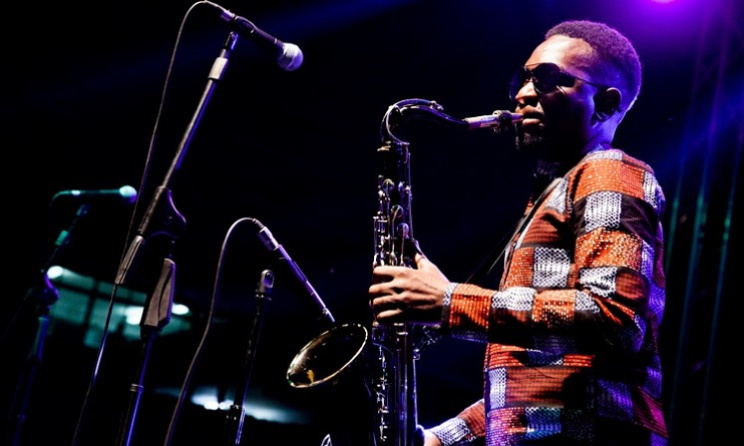 Swahili jazz pioneer Juma Tutu. Photo: Quaint Photography
Swahili jazz pioneer Juma Tutu. Photo: Quaint Photography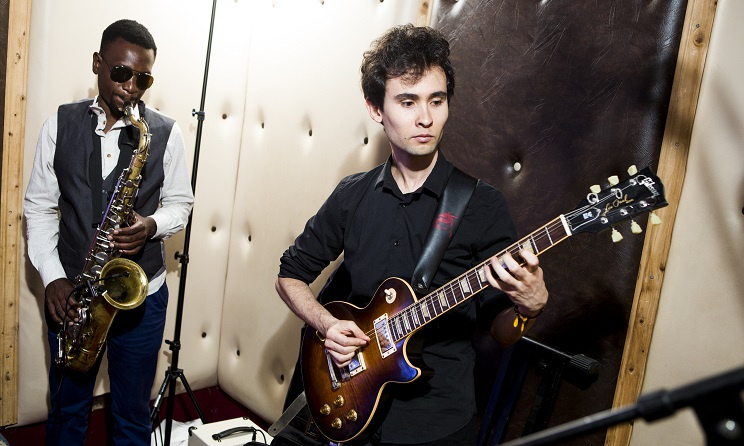 Juma Tutu and Matteo Di Leonardo at a recording session.
Juma Tutu and Matteo Di Leonardo at a recording session.
As a part of the new wave of Kenyan artists breaking the old codes – such as Blinky Bill who has mastered the fusion of Kenyan benga and electronica – Tutu is thrilled by the endless possibilities of the jazz idiom.
“I knew that to connect with the audience, I had to modernise this style of music, especially for the young people who are more familiar with popular music,” he says.
The 4th of October marks the release of his third album, Kabisa, at the Michael Joseph Centre in Westlands, Nairobi. The offering is a collaboration with Italian guitarist Matteo Di Leonardo, and synchronously explores Kenyan and Italian jazz roots. The dynamic body of work seamlessly combines a variety of genres and adds a unique flavour that jazz listeners would appreciate.
“My meeting with Matteo was timely because it was at a time when I had successfully transitioned into a Swahili jazz artist and needed a new challenge,” Tutu says. “We met in February 2018 when he was sent to me for a one-month mentorship programme after he won a jazz contest organised by MIDJ, the Italian jazz musicians' association.”
Each year, MIDJ sends musicians to different countries around the world to collaborate and discover new musical contexts. Tutu was selected as Di Leonardo’s host and mentor in Kenya where he resided for a month.
“Our musical universes were geographically distant but it’s been exciting to find a meeting point,” Di Leonardo said. “The grooves from Tutu’s compositions influenced me a lot, and I tried to influence Juma’s music with my modern jazz.”
Di Leonardo says working with Tutu “was very inspiring and opened up my eyes and ears to Kenyan music.”
“It has been interesting to see how to work on tunes without music sheets and rehearse many, many times. In Europe, I’m more used to preparing music with sheets and papers!”
Tutu composed four songs on the seven-track track album while Di Leonardo wrote three. The two musicians were backed up by several Kenyan musicians including multi-instrumentalist MacKinley Mutsembi, Emi Norris (trumpet), Rabai Mokua (saxophone), Uledi Udzidze (bass) Ajabu Norris (drums) and rapper Nafsi Huru.
“The songs are my tribute to the Kenyan welcoming spirit,” Di Leonardo says. “Tutu and his friends and musicians welcomed me as a brother, and that’s why I wrote ‘Karibu’. ‘Safari’ talks about the journey that brought me to Kenya. I will never forget the Kenyan sunrise when I was landing. 'Asante Sana' talks about my nostalgic feeling while I was leaving Kenya to come back to Europe. In Italian, we say it as 'Mal d’Africa'."
“This new album is a refreshing new offering for the African jazz community," Tutu says. "As much as I wanted to create music that was personal to me, I also wanted jazz to be appealing for people who think they don’t like jazz because it has previously been associated with the older crowd and the elite in society.”
Growing up in a musical family, Tutu took an interest in the saxophone during his last year at Tudor Day High School in Mombasa. But in his early childhood, he loved to play the drums. After high school, he joined the Generations Band under the mentorship of Muhammad Amin. He then joined in the Bango Sounds Band led by bango pioneer and saxophonists Mzee Ngala in 2000.
He later played with several bands until 2003 when he started his own band, Tutu. He changed the name to the Swahili Jazz Band in 2012 after he began experimenting with the sounds of Kenya's coastal region.
“Working with accomplished musicians helped me discover my passion, which is jazz,” he says. “And that is how it should be; knowledge should be passed on to keep the musicianship going. We lack mentorship between veteran and upcoming musicians.”
And how would Tutu describe the Kenyan jazz scene? “Kenyan jazz artists should thrive on creating new variations of jazz music to be recognised in the continent. Our musicians have a great passion for jazz, but unlike South Africa and West Africa, we are yet to stand out. This can only happen if there is proper mentorship and more opportunities to collaborate and showcase.”
Tutu has shared the stage with Jimmy Dludlu and Manu Dibango and says he would have loved to work with the late musicians Hugh Masekela and Oliver Mtukudzi. "They were the greatest and their work continues to inspire me,” Tutu says.
























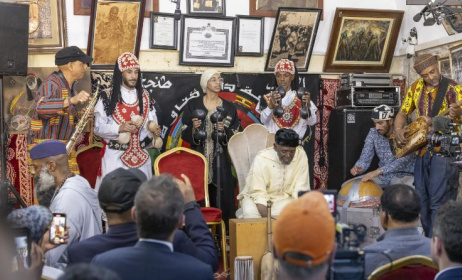



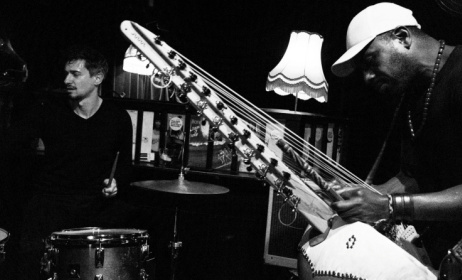


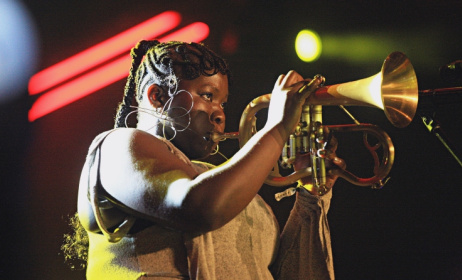

Comments
Log in or register to post comments